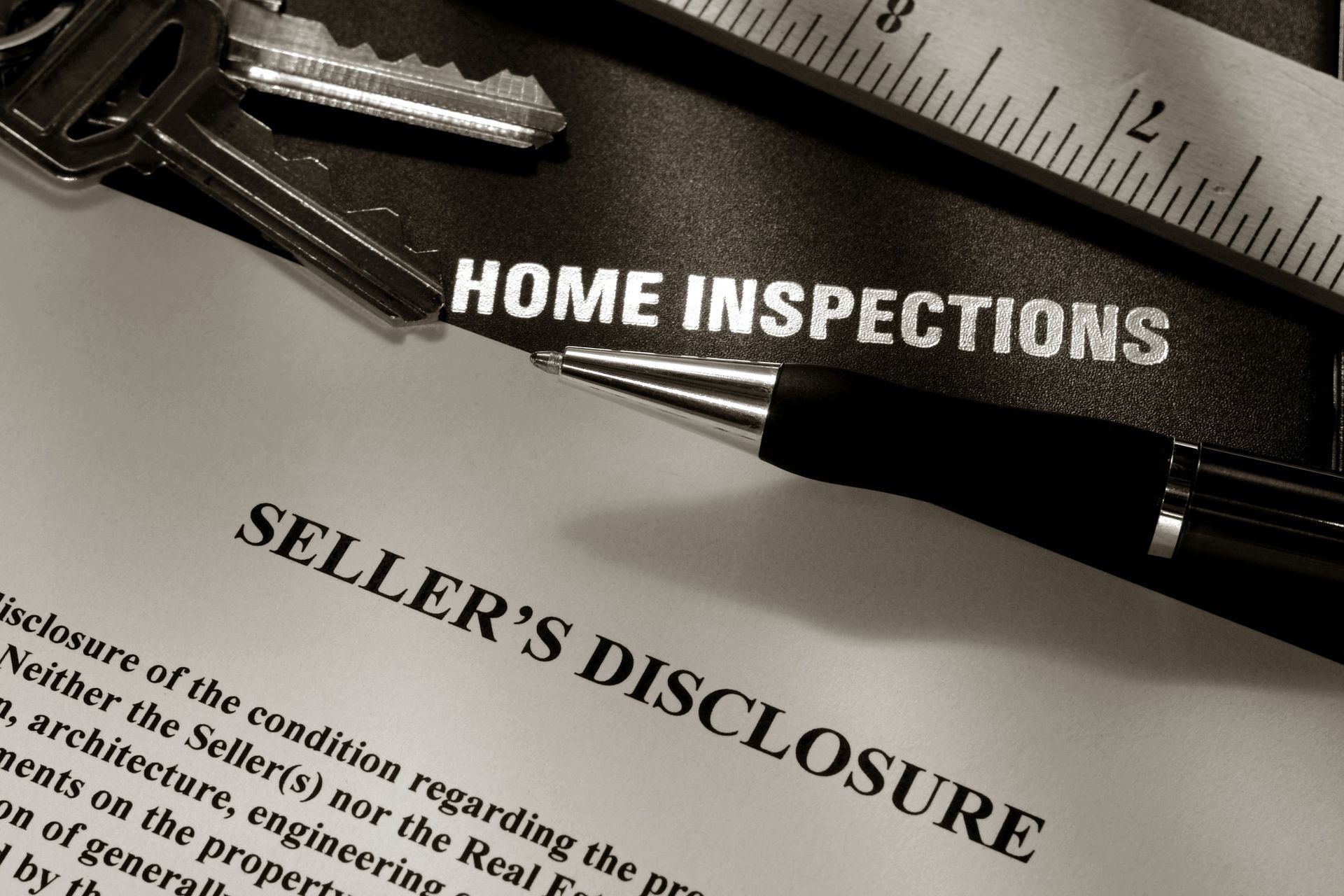Expertise
Buying Off-The-Plan
OFF-THE-PLAN CONVEYANCING SPECIALISTS IN WOLLONGONG
Fixed Fee Conveyancing
Kells takes great pride and care in providing a premium service and quality advice for a fixed price when taking care of our clients’ property transactions.
Dedicated Team
Our team is led by a NSW Law Society Accredited Specialist in Property Law and includes highly skilled lawyers, licensed conveyancers, paralegals, and administrative staff.
Extensive Experience
We have the resources and years of experience to meet the varying demands which arise in property transactions, no matter how complex.
Here To Help
Are you considering an off-the-plan purchase? It’s important to consider the multiple risks in purchasing an off-the-plan property before you sit down and sign your contracts. The off-the-plan conveyancing team at Kells can provide you with the advice and assistance necessary to make an informed decision about your off-the-plan investment.
How Can Our Off-The-Plan Conveyancing Experts Help?
Buying off-the-plan can be an exciting and convenient way to purchase a property, but with it comes the critical importance of ensuring your interests are protected throughout the transaction.
At Kells Wollongong, we can help by conducting a thorough review of the contract and negotiating changes that are necessary to protect your position. Below are just some of the elements of purchasing off the plan that our team can discuss with you.
Other considerations
There are a multitude of other contractual provisions to consider when entering off the plan such as GST, notice periods, by-laws, services and warranties. The above list is in no way exhaustive and you should always consult with a solicitor knowledgeable in the area before signing any contract.
Buying property or a home is one of the most stressful and expensive things you will ever do. It is vital that you seek legal advice from someone experienced in property law and who knows the area.
At Kells, our off-the-plan conveyancing specialists in Wollongong can talk with you and be beside you as you take the steps towards owning your home or property.
Get Expert Off-The-Plan Conveyancing Advice
Do you have a question or are you looking to get started? Send us a message and one of our team members will get back to you as soon as possible.
Related Articles
Speak to a Conveyancing Lawyer
Whether you're buying or selling, we’ll guide you through the legal process with clarity and care.




















